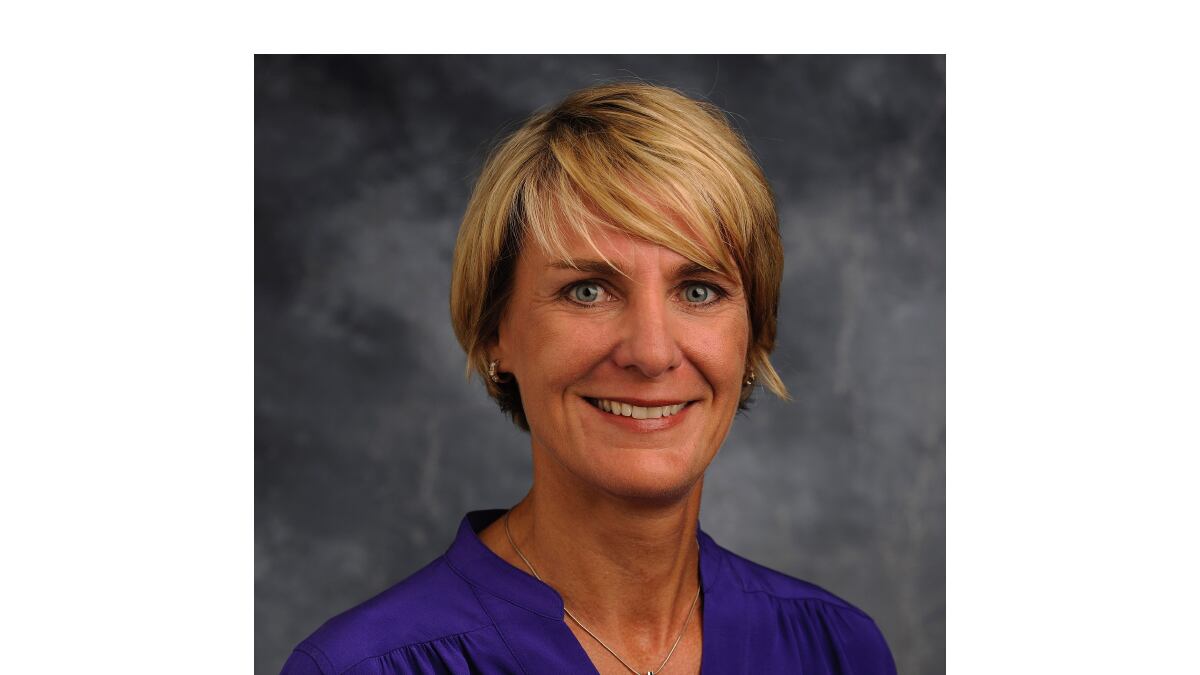If you have a high-tech job in Oregon, you probably have Tektronix to thank.
Don't know what Tektronix is? It's the original Oregon technology company. It's the first tree in the Silicon Forest, which is what everyone started calling Oregon in the 1990s, when Intel built huge new plants here.
Tektronix got here long before Intel. Four Oregonians founded the company in a basement on Southeast Foster Road in 1946 and built oscilloscopes, devices that measure voltage changes in televisions, radios, semiconductors, cars—anything electronic.
Sales boomed, and Tek, as it's known, became one of the biggest employers in Oregon, attracting engineers from around the country. All that talent, in turn, lured Intel, and Intel lured lots of suppliers, and the Silicon Forest grew.
Then, Tek stumbled. It pursued too many markets, including printers that used solid ink that looked like big crayons. Tek had to downsize. Then, like so many Oregon companies, it got swallowed by a big out-of-state conglomerate called Danaher Corp. for $2.85 billion in 2007.
But now, Tek is on the rebound. In 2016, Danaher spun off a new public company called Fortive Corp. that includes Tek. And last year, Tek promoted a whip-smart former Cisco Systems executive named Tami Newcombe to be its president. Newcombe will be a keynote speaker at Willamette Week's TechfestNW conference, online this year, Dec. 2-4, speaking on how to build a culture of futurists.
Newcombe is excited about Tek's prospects. Test and measurement, as Tek's industry is known, is growing as electronics and sensors make their way into more products, like self-driving cars. Unlike in cellphones, say, making sure those sensors work is a matter of life and death.
If a phone malfunctions, maybe you drop a call, Newcombe says. "But there are so many electronics going into medical devices and cars that you can't just get it wrong," she says. "You don't want an auto-driving car to go off the road."
Newcombe isn't messing around. She's been a competitor all her life. She was the first girl to play football in the tiny town of Lafayette, New York, and she paid for bachelor's degrees in electrical and bio engineering at Syracuse University by playing Division 1 volleyball.
"I think business is a sport," Newcombe says. "We have a scorecard."
After college, Newcombe went to work at IBM as a hardware engineer, designing the company's flagship high-performance computer. At night, she got an MBA at Union College.
Feel lazy yet?
In 1999, she went to work in sales at Cisco Systems, the networking equipment giant run by John Chambers, a dyslexic lawyer with a Southern drawl who had become a cult figure in American business for putting up quarter after quarter of record sales and profits.
Newcombe fit right in. She took over a new sales territory in northern Florida and within three years lifted sales there from $500,000 per quarter to $2 million. She rose to be a vice president of sales at Cisco and stayed until 2017. By then, her revenue had risen to $1.5 billion, and Tektronix lured her away.
She knew Oregon from her college years, when she arrived in Astoria to start a 4,000-mile, 60-day ride across America with people she met through a newspaper ad.
Feeling lazier?
Newcombe respects Tek's heritage, and she says she's dazzled by what the company's engineers can do. Tek still makes its most powerful measurement devices in a factory in Beaverton, not in Asia, because the equipment requires such advanced engineering.
Like so many leaders of established firms, Newcombe is wary of complacency.
"When you do something right for six or seven decades, it's easy to think you have all the answers, and to sit in a conference room and think you can come up with the next great thing," Newcombe says. "I think I've challenged that."
One of Tek's founders was a Reed graduate named Howard Vollum. After Tek made him rich, Vollum spread his wealth around Portland, giving millions to Reed College, Oregon Health & Science University, the Catlin Gabel School, and many other institutions. All that accrues to Tek's legacy, too.
Fellow Reed graduate and Tek employee Derrol Pennington remembered Vollum, who died in 1986, in an obituary: "He was very unassuming but quietly and insistently challenged others to constantly do their best. He had high expectations of people, but he left you alone."
Sounds like Vollum might be a fan of Newcombe.
